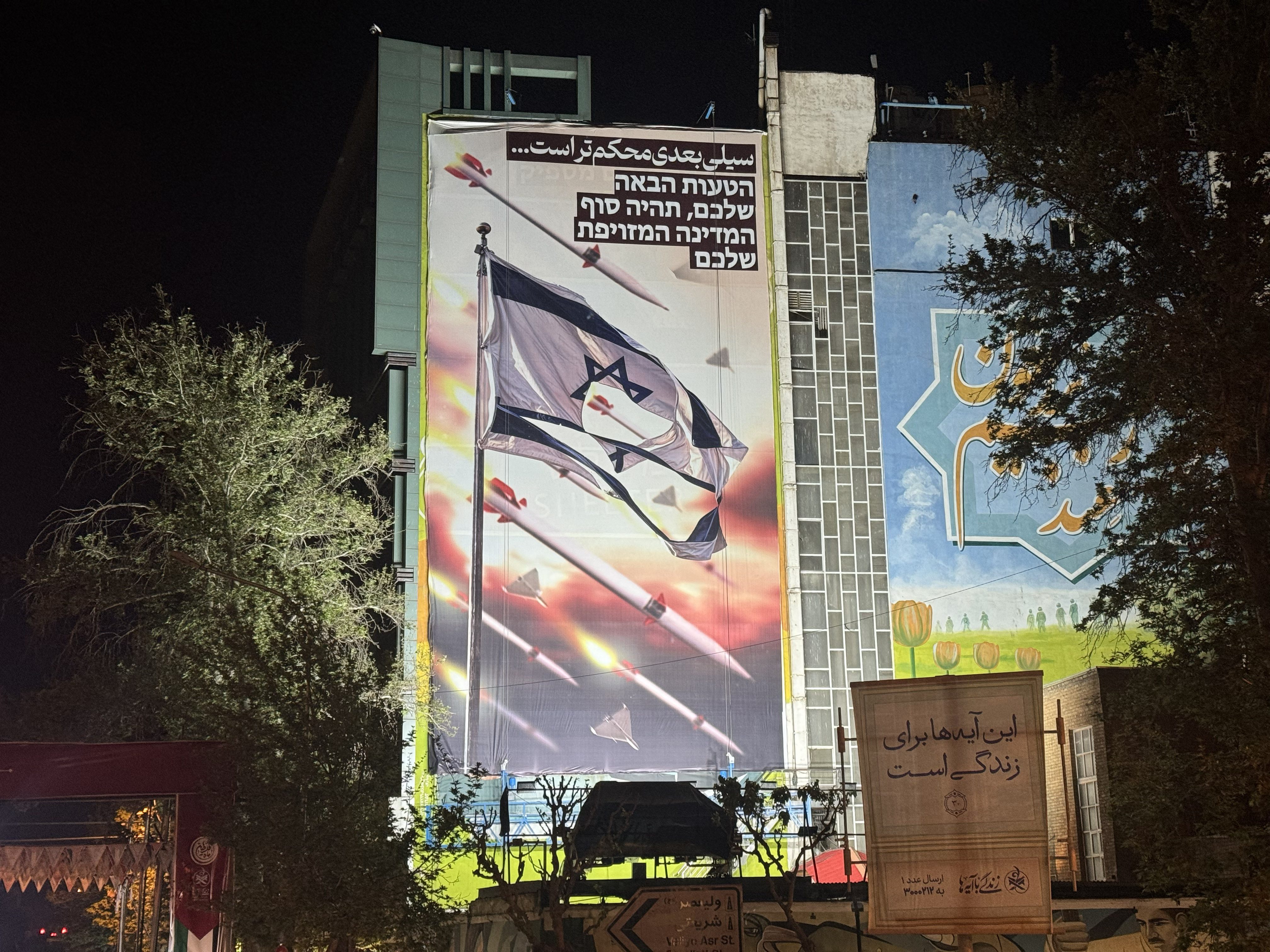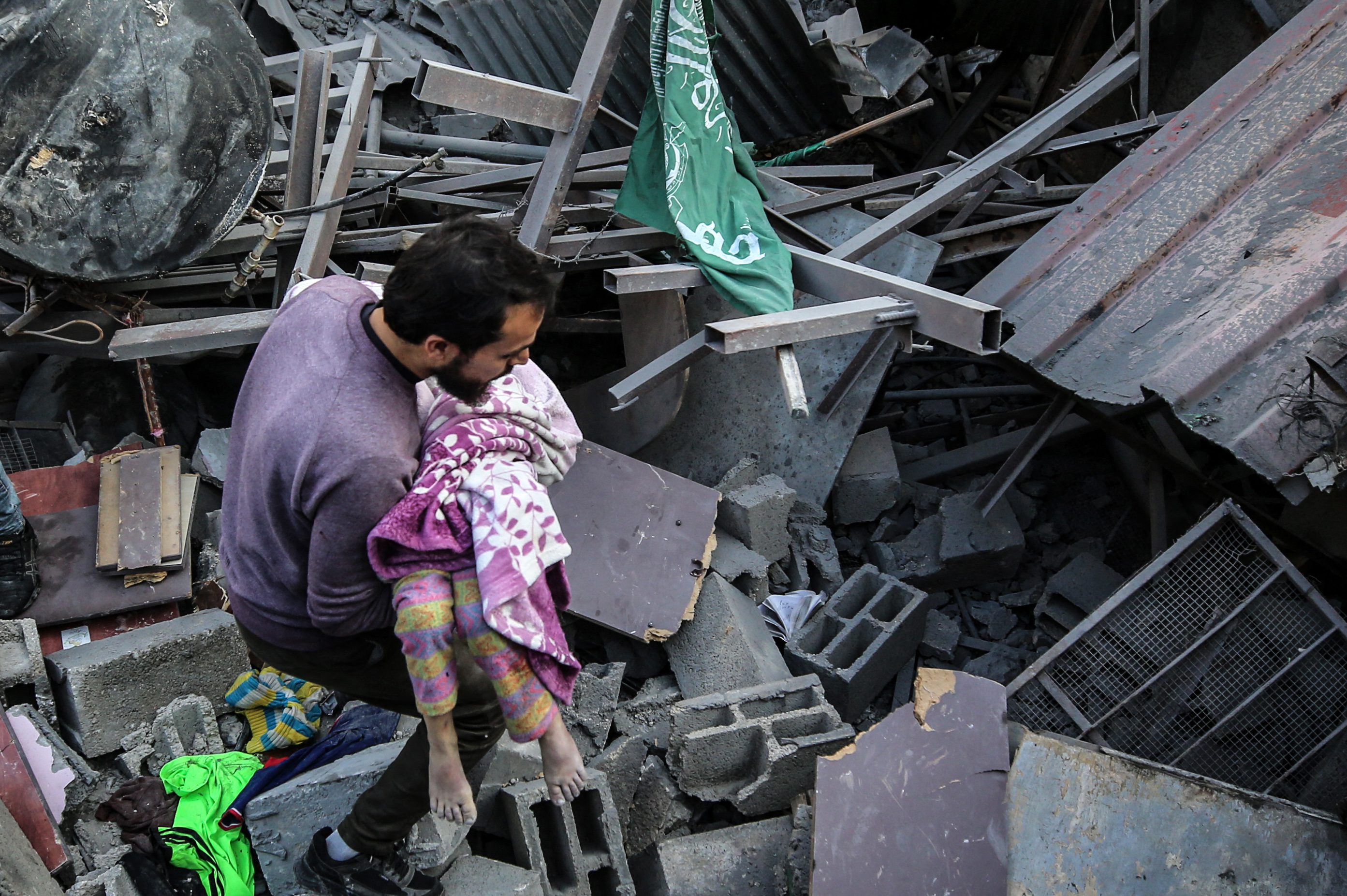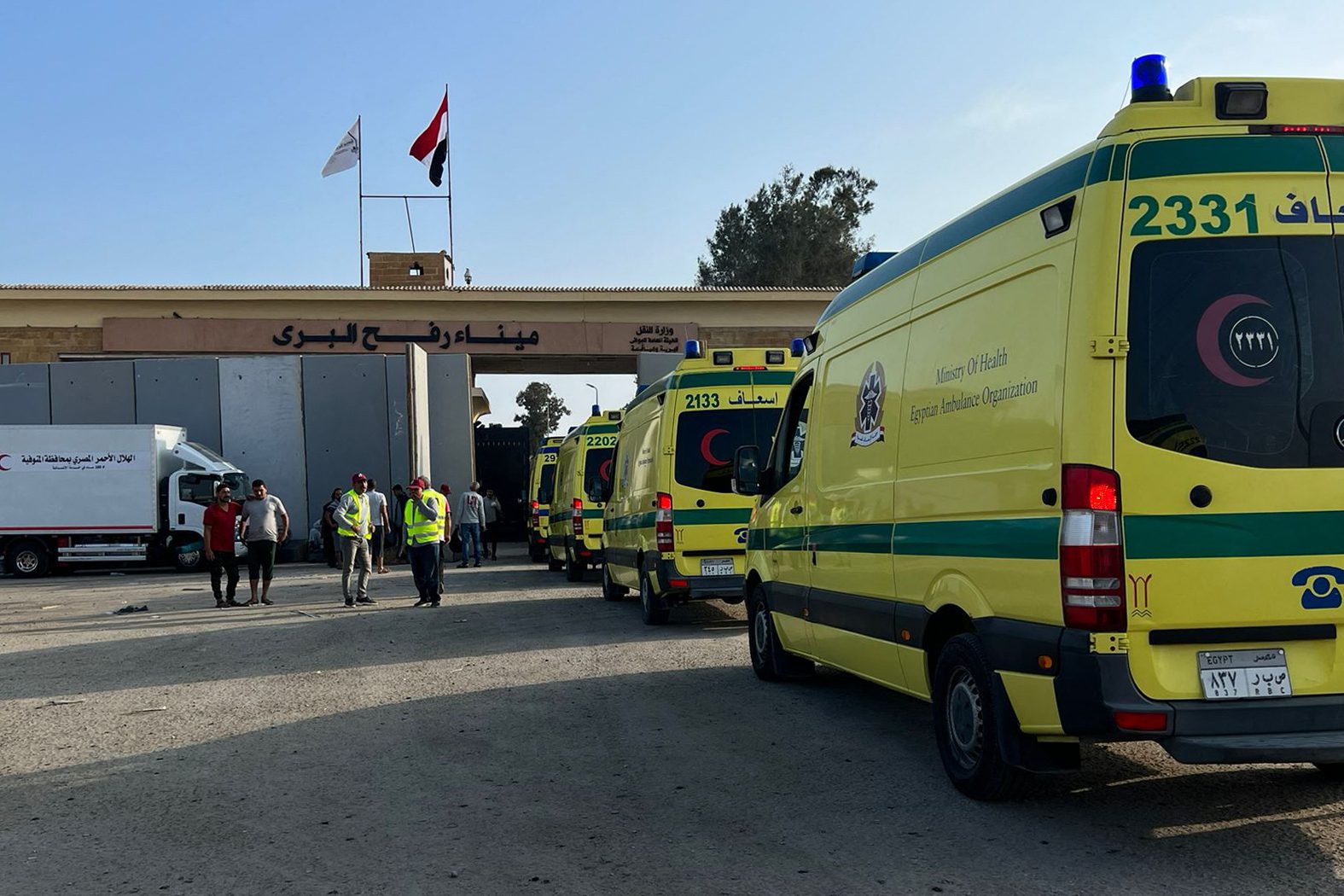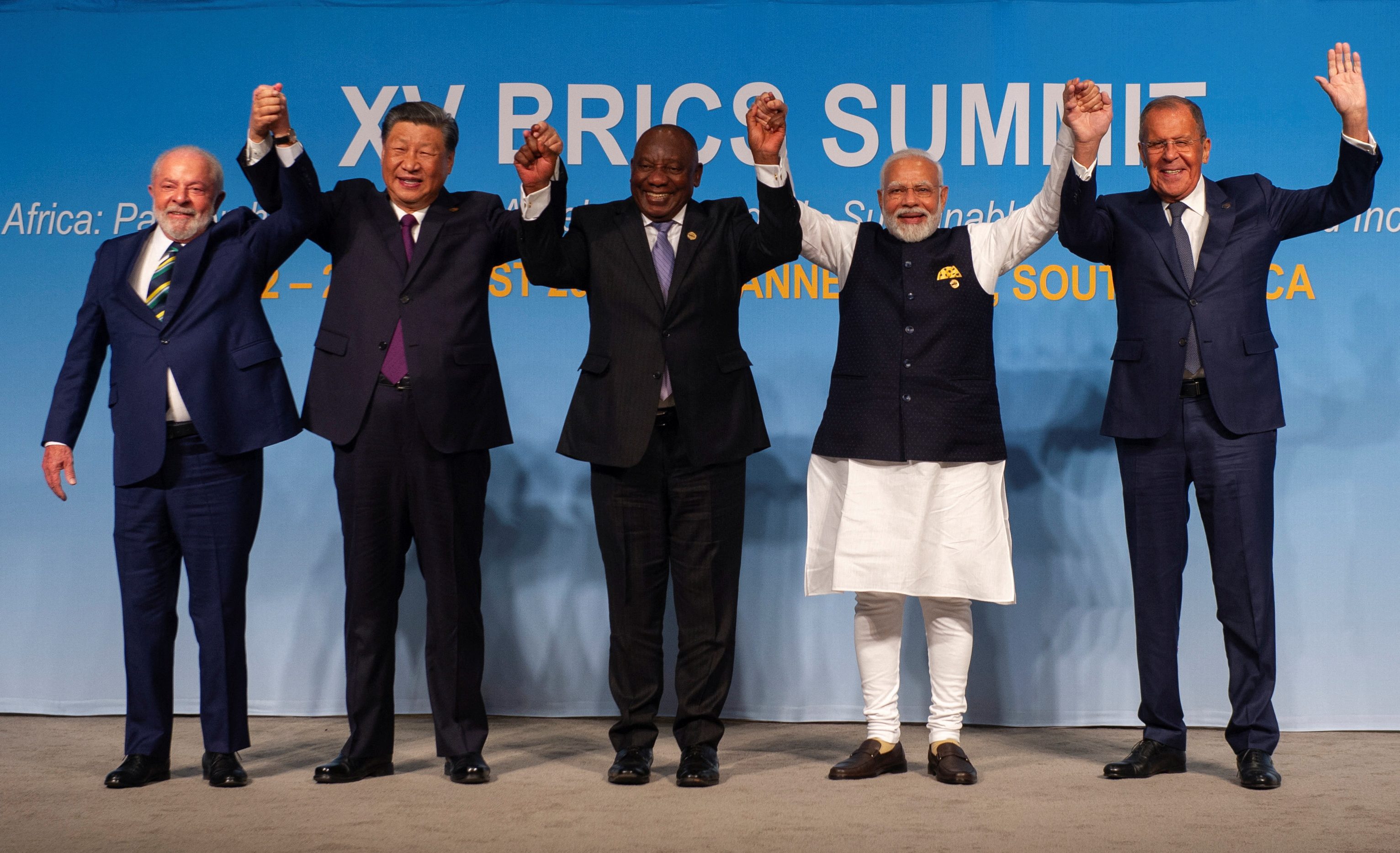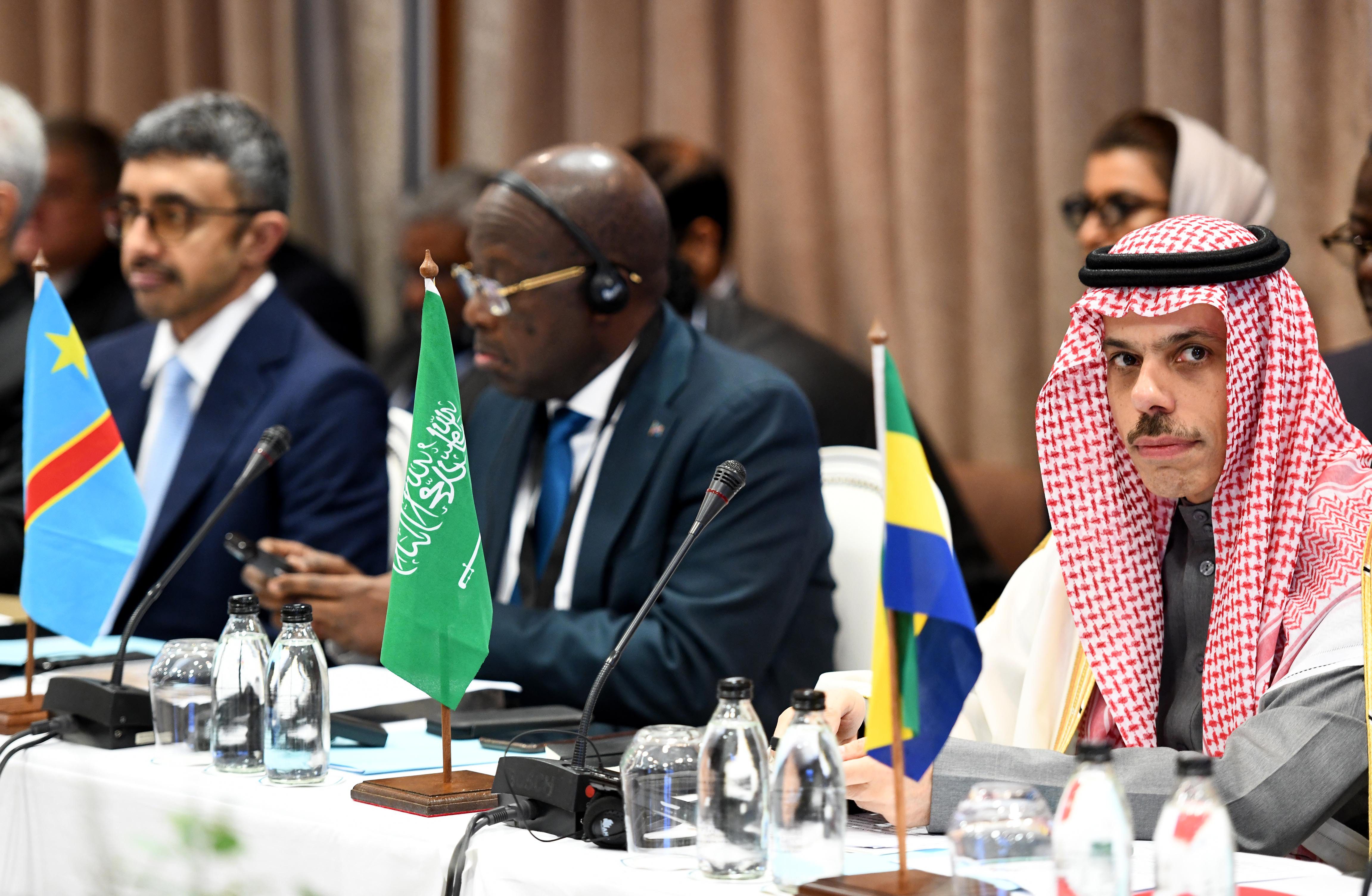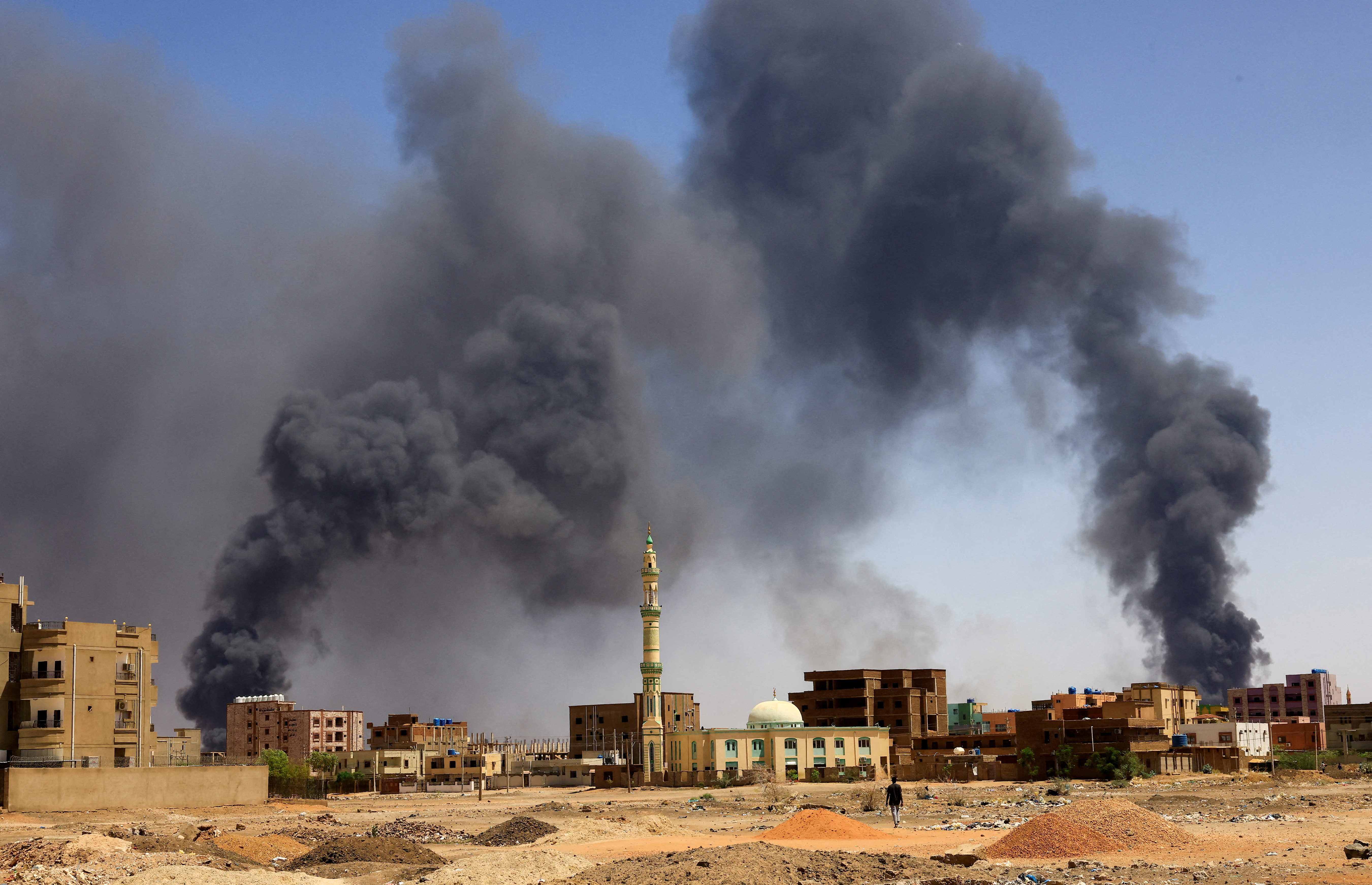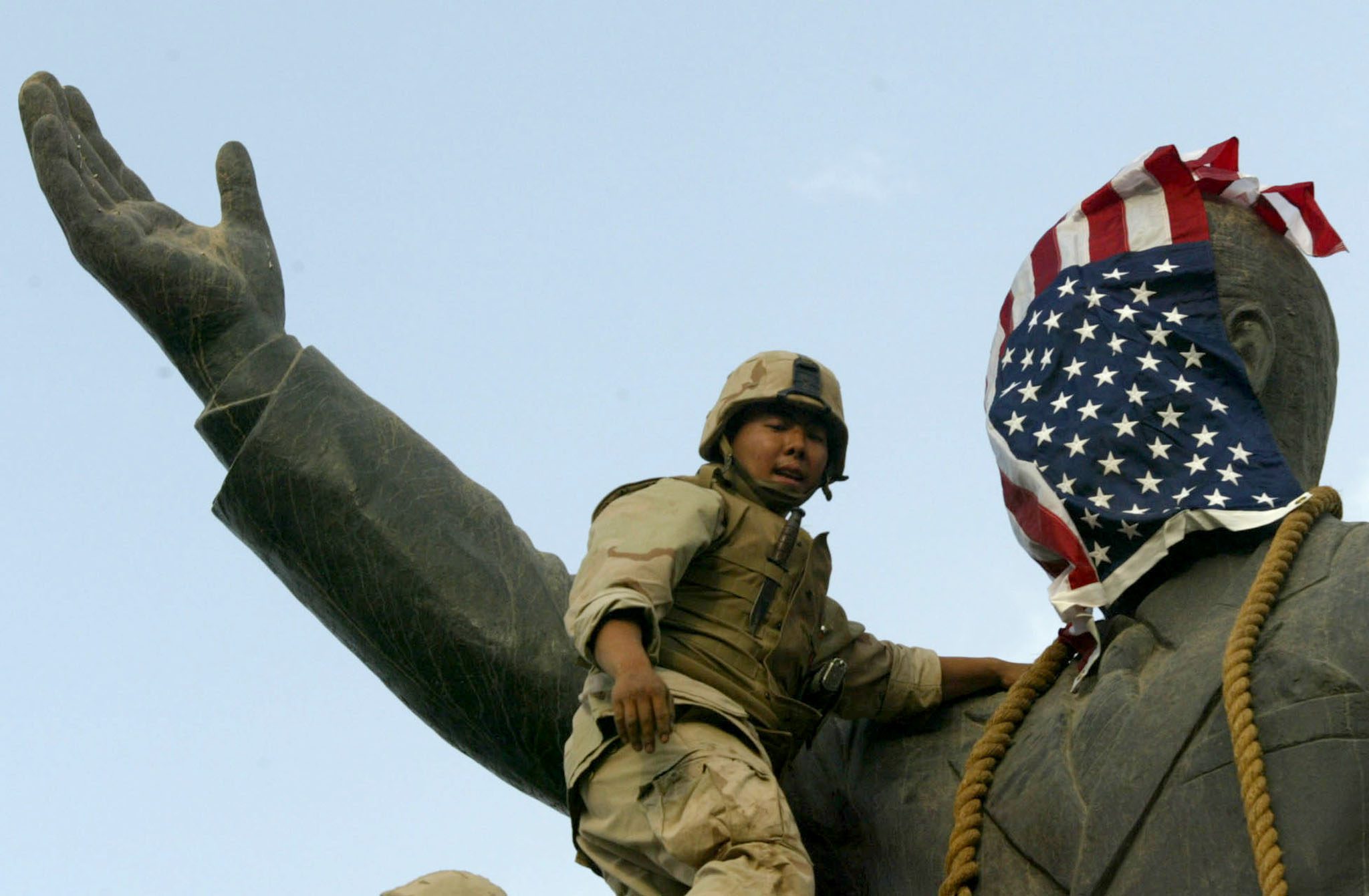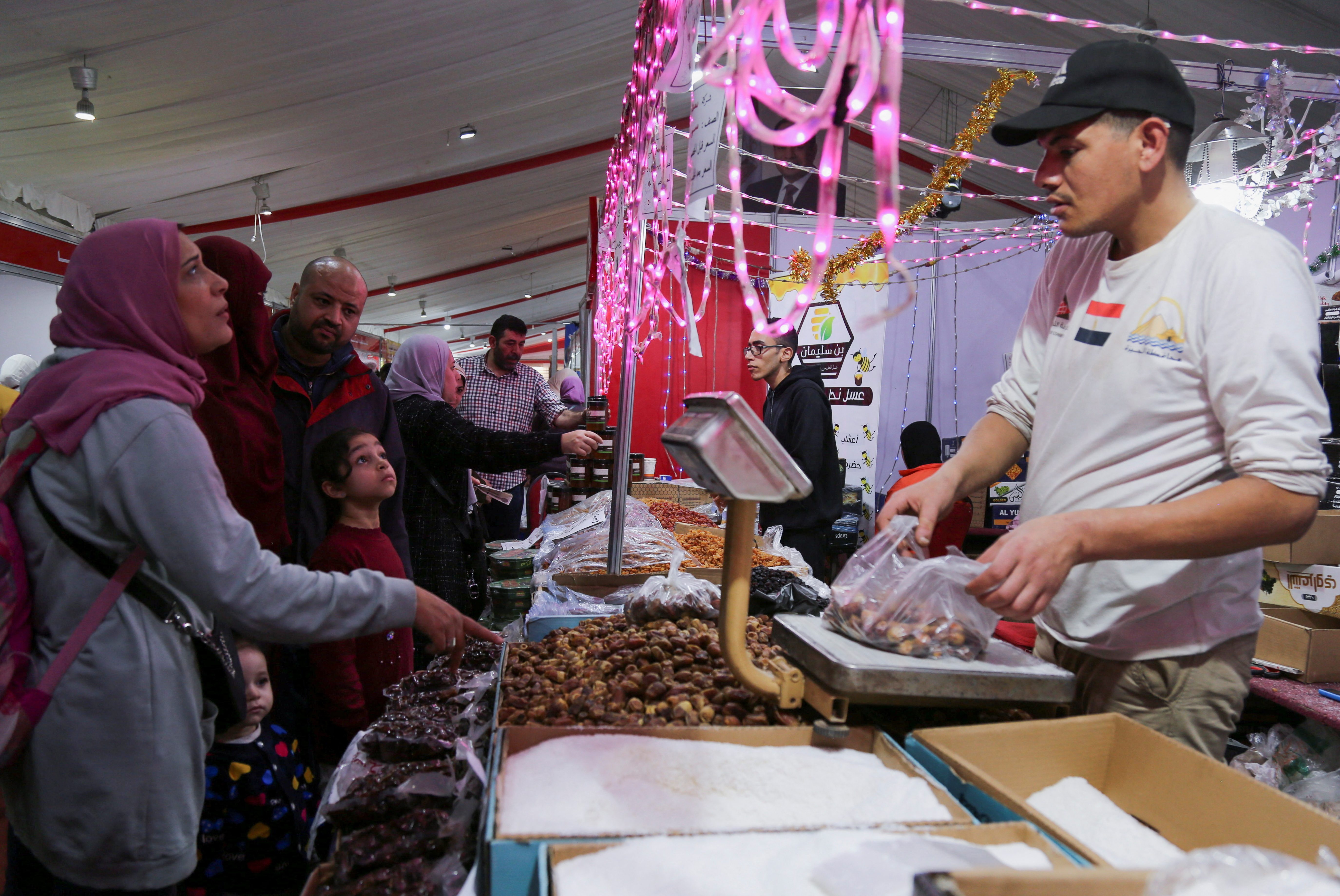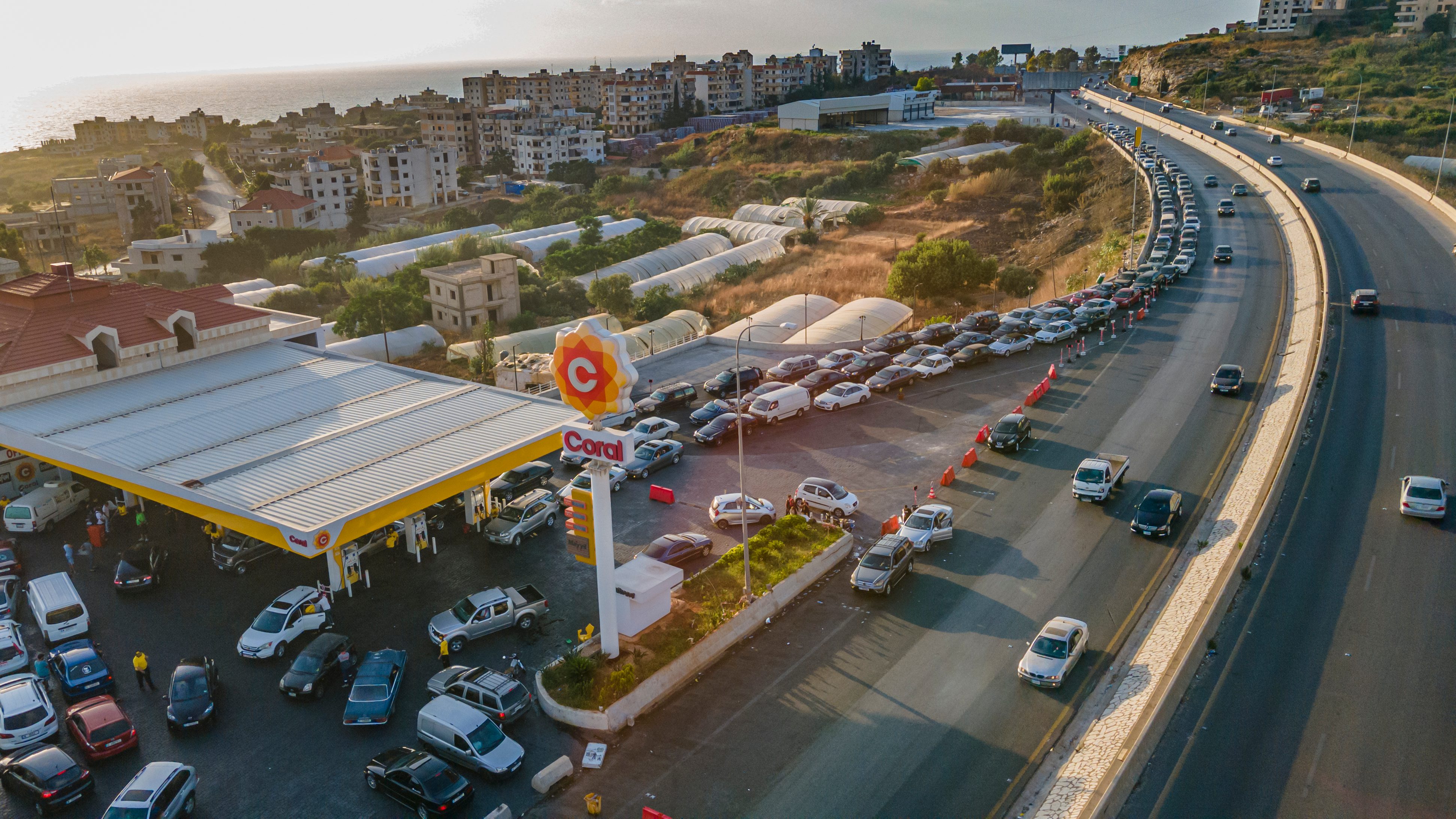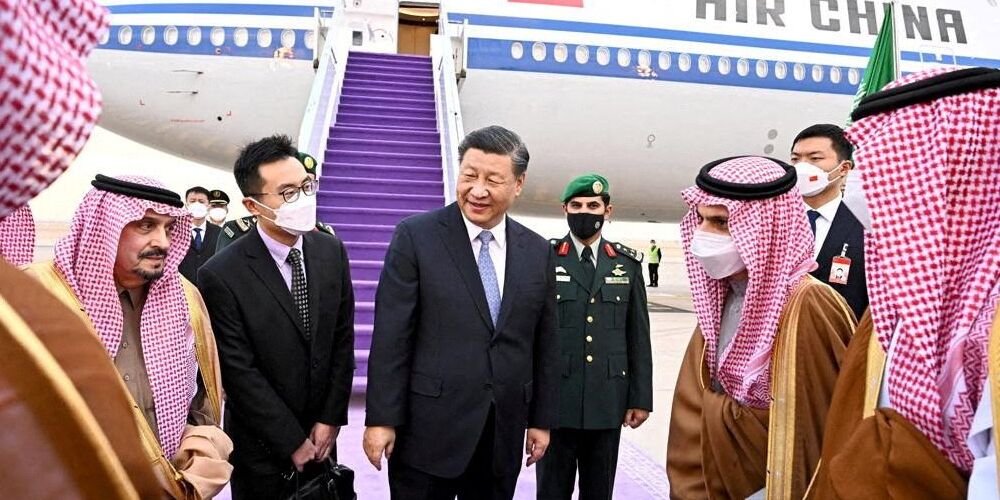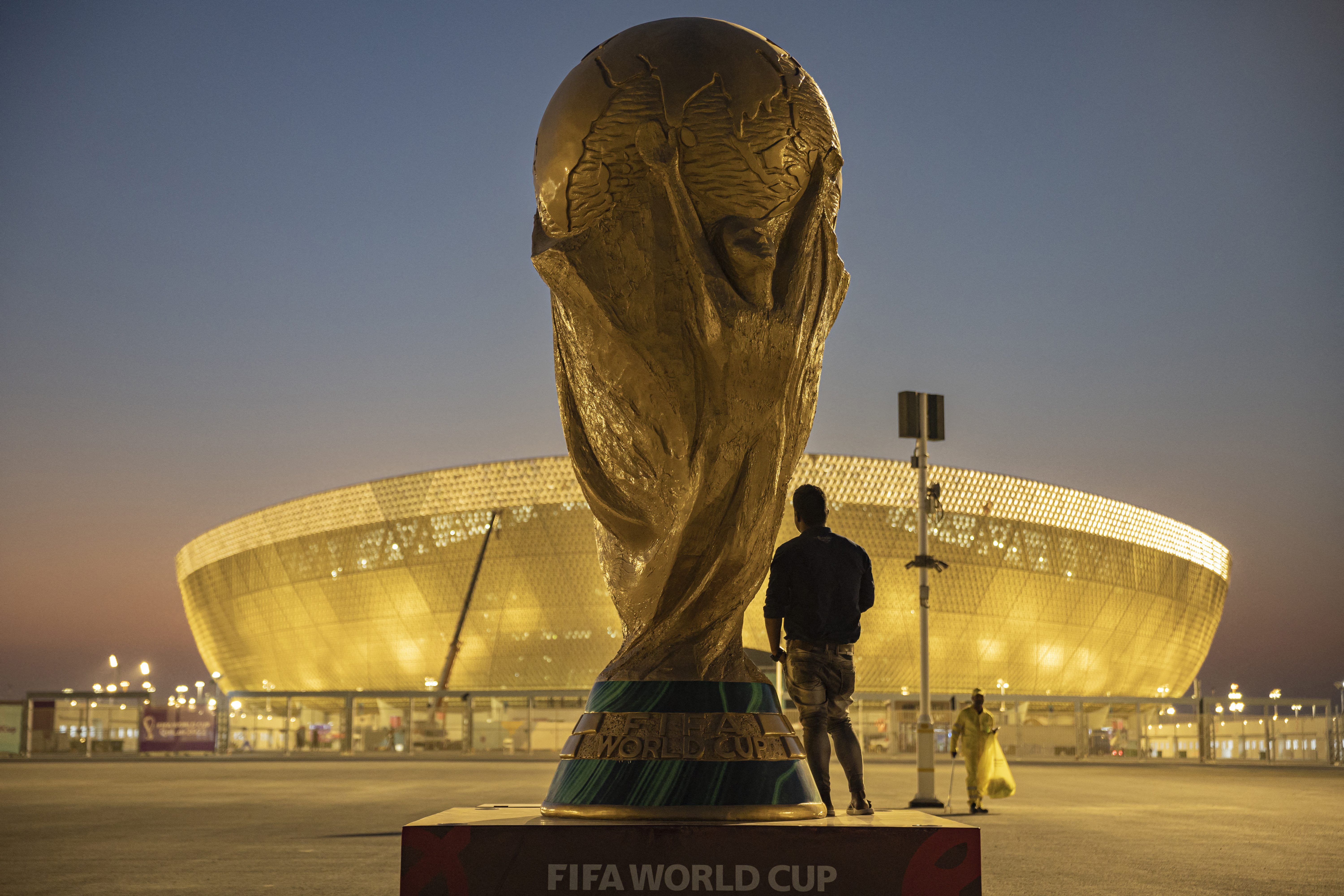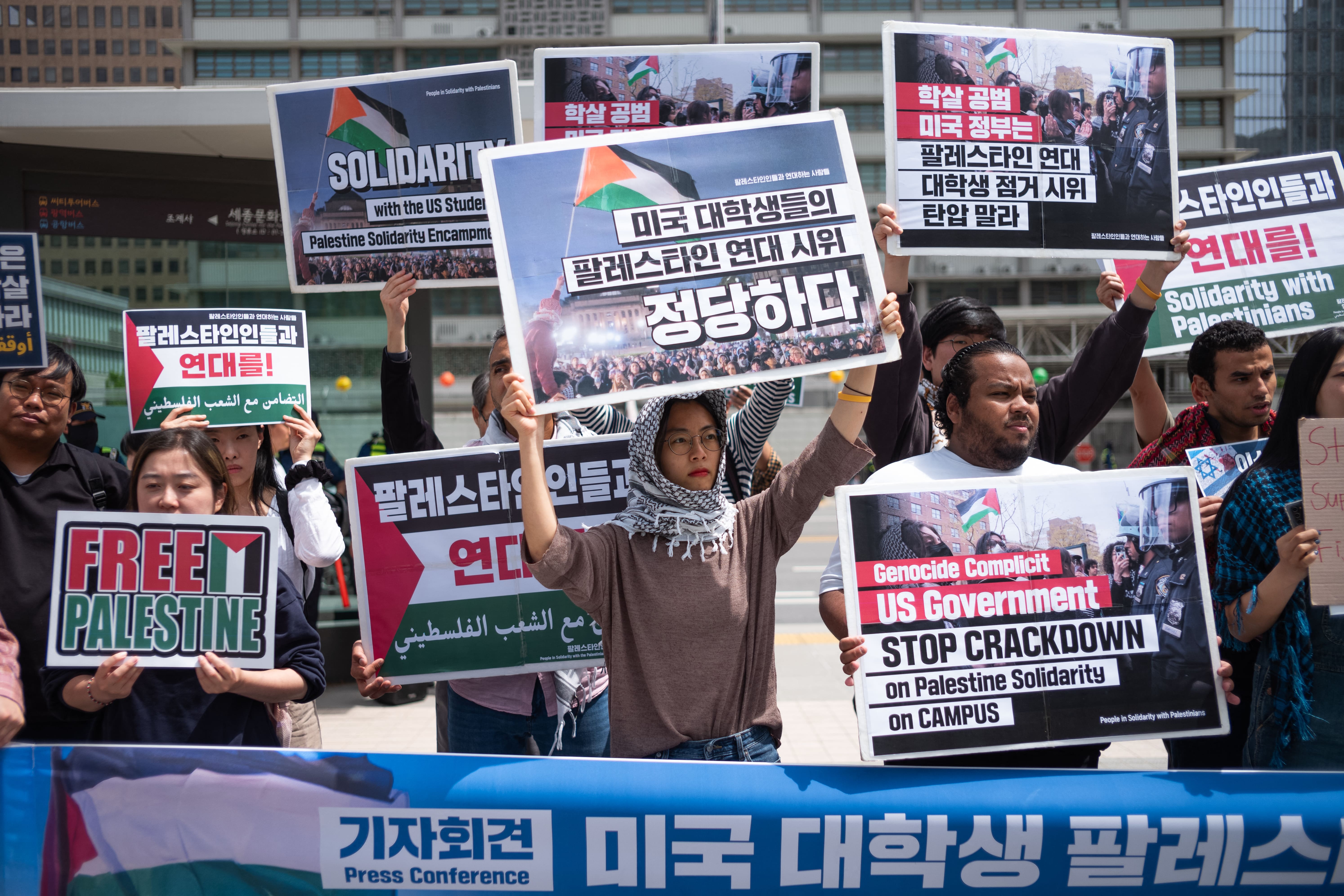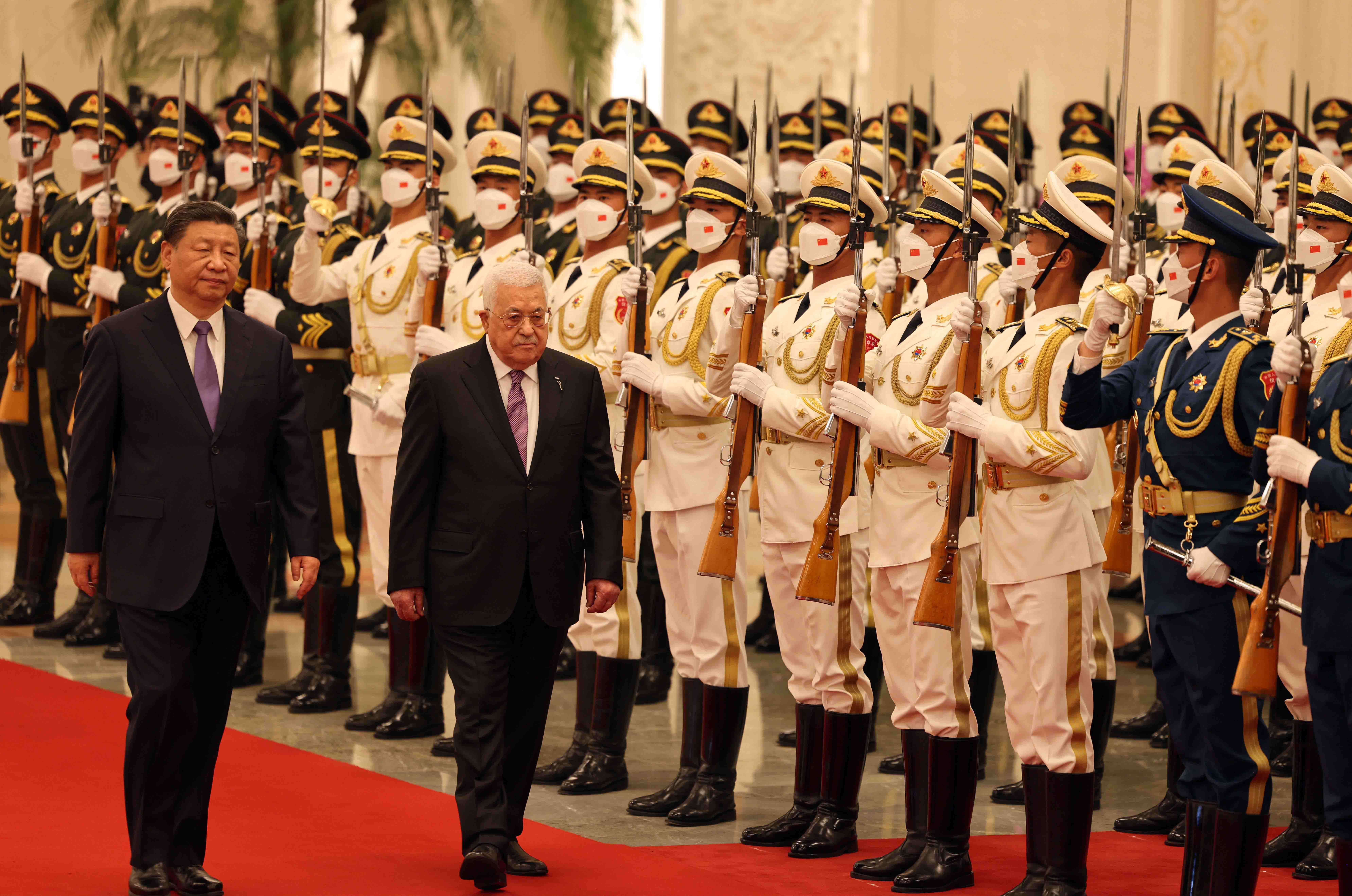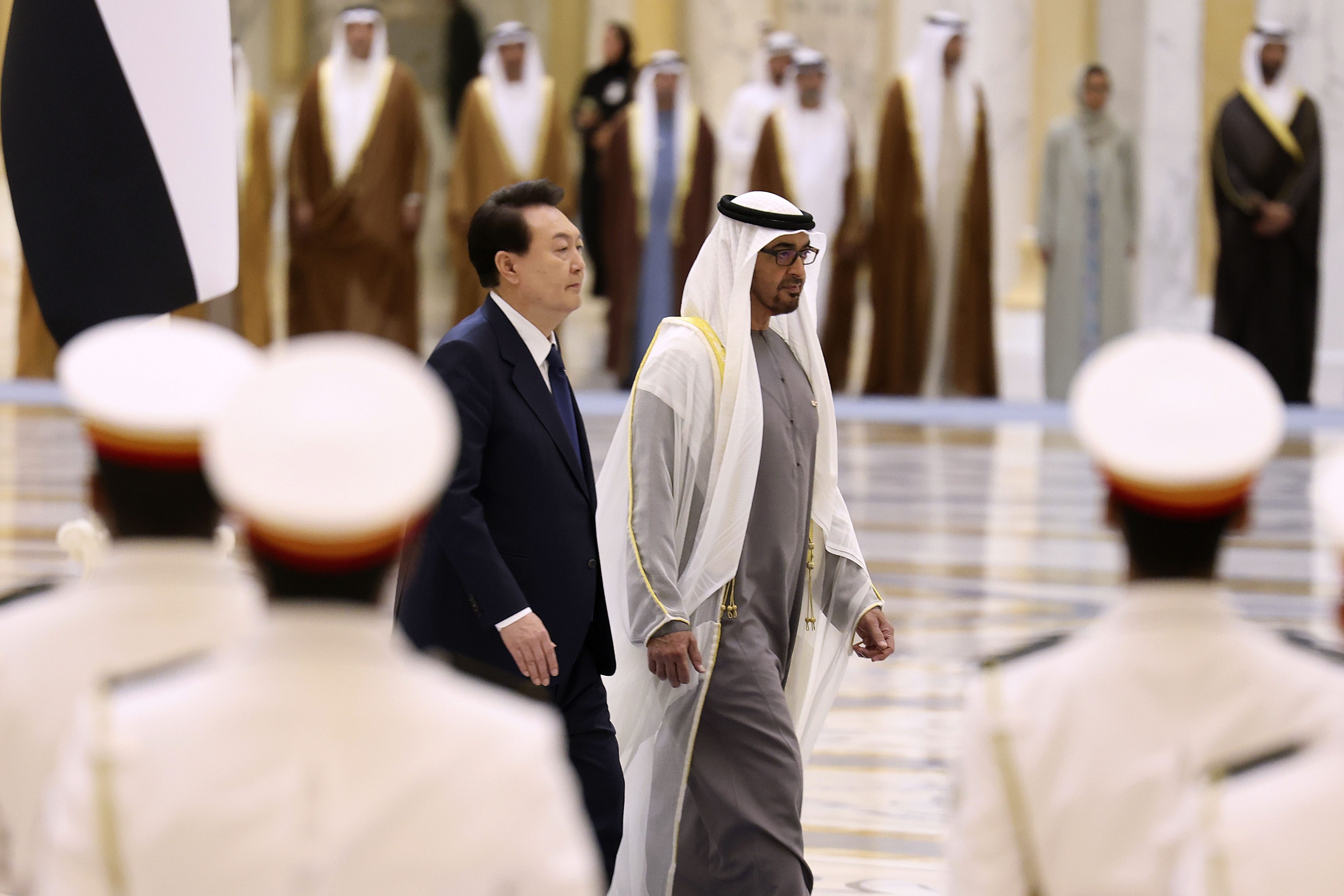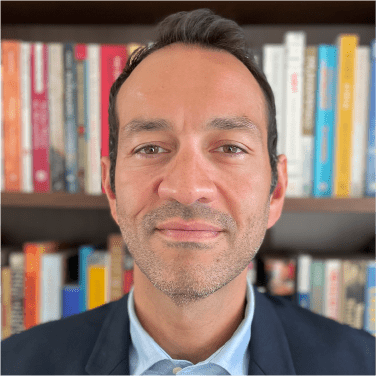
Adel Abdel Ghafar
Fellow and Program Director
Bio
Adel Abdel Ghafar is a fellow and director of the Foreign Policy and Security program at the Middle East Council on Global Affairs. He was previously a nonresident fellow at the Brookings Institution’s Foreign Policy Program and a fellow at the Brookings Doha Center, where he was also acting director of research. Abdel Ghafar is an adjunct professor at Georgetown University’s School of Foreign Service in Qatar. He specializes in foreign policy and political economy of the Middle East and North Africa (MENA) region.
Abdel Ghafar is the author and editor of several volumes and reports including: The Middle East: Revolution or Reform? (Melbourne University Press, 2014); Egyptians in Revolt: The Political Economy of Labor and Student Mobilizations 1919-2011 (Routledge, 2017); A Stable Egypt for a Stable Region (European Parliament, 2018); The European Union and North Africa: Prospects and Challenges (Brookings Institution Press, 2019); China and North Africa: Between Economics, Politics and Security (I.B. Tauris, 2021); The European Union and the Gulf Cooperation Council: Towards a New Path (Palgrave Macmillan, 2021); and The Gulf Cooperation Council at Forty: Risk and Reward in a Changing World (Brookings Press, 2022) and Asia in the GCC: A New Strategic Partner? (ME Council, 2023).
Abdel Ghafar has prepared studies and consulted for various international and intergovernmental organizations and government agencies including the European Union; the U.K. Foreign, Commonwealth & Development Office; and the Australian Department of Foreign Affairs and Trade. He has a background in international banking and finance and has worked for several financial institutions including HSBC and Citigroup.
Research Areas
- Foreign policy
- Political economy
- Economic development
- Asia-Middle East relations
Countries of Focus
- North Africa
- GCC countries
Other Areas of Interest
- Regional security
- South-South relations
Education
- Ph.D., Political Science and International Relations, Australian National University, 2015
- M.A., Arabic and Islamic Studies, Sydney University, 2011
- Master of International Business and Commerce, Sydney University, 2005
- Bachelor of Commerce, Cairo University, 2000
